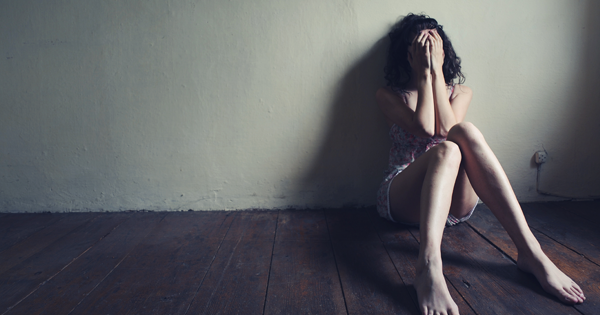Advertisement
At 20 years old, Pamela Tusani’s life was a mess.
She suffered a nervous breakdown unlike anything she’d experienced before. Then came her spiral downward.
She couldn’t eat, sometimes she couldn’t speak, sometimes she would cut herself, or lash out at those she loved.
Tusiani wrote in her diary, which she excerpted in an article in Newsday, “I keep thinking and thinking, it won’t stop—so many thoughts are racing through my head. I’m confused, can’t remember. I find myself drawn to my bed and cry for no reason at all.”
Eventually, after her mother took her to many in- and out-patient hospital programs, she was diagnosed with Borderline Personality Disorder.
This is a condition that 5.9 percent of Americans are expected to experience at some point in their lives, and yet there’s very little even known about it.
Many sufferers of BPD experience other mental illnesses too, like bipolar disorder, eating disorders, and substance abuse, which makes BPD particularly hard to diagnose and treat.
While there are ways of treating a lot of these other disorders, often BPD will persist, and remain difficult to treat as ever.
BPD usually begins in adolescence or early adulthood. Though symptoms are said to ease as the sufferer gets older, in the meantime the disorder is difficult to treat. While antidepressants help some, for some they’re lethal.
Psychotherapy is currently seen as the most effective form of treatment. In the meantime, other forms remain a struggle for the patients, families, and doctors of those struggling with BPD.




